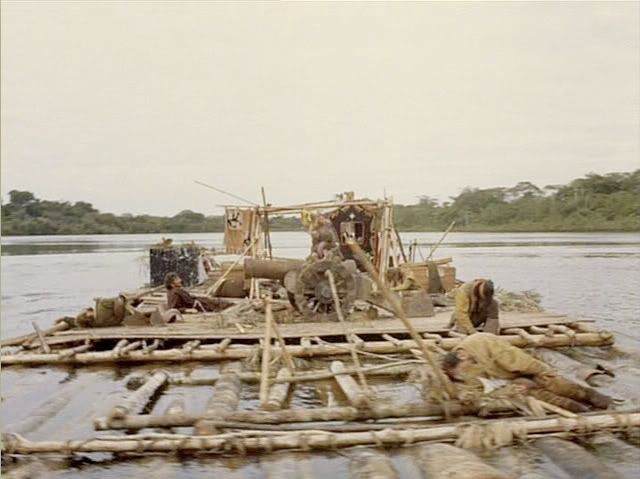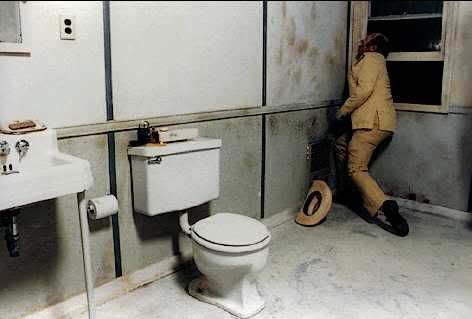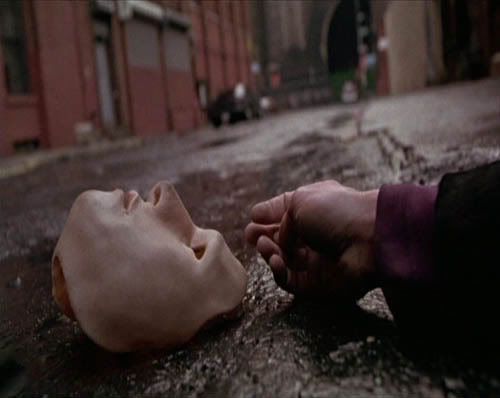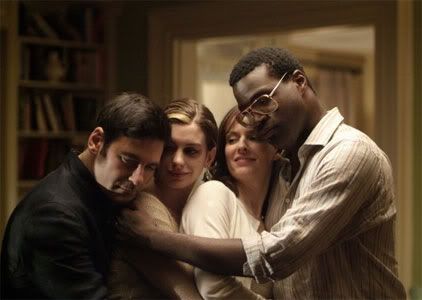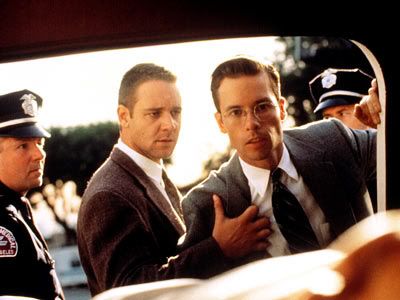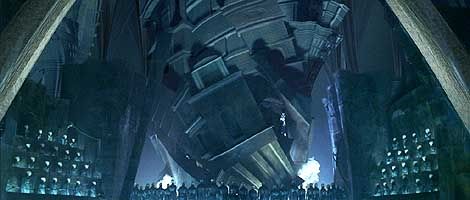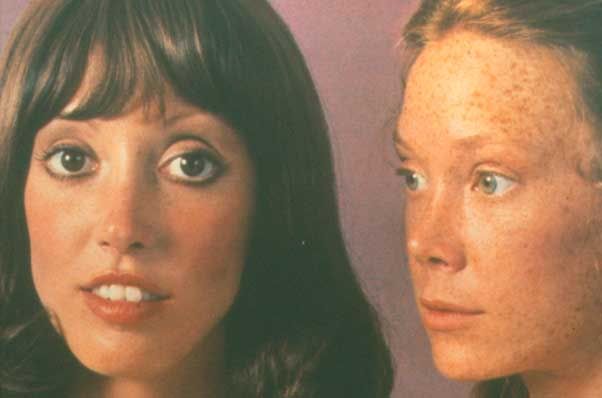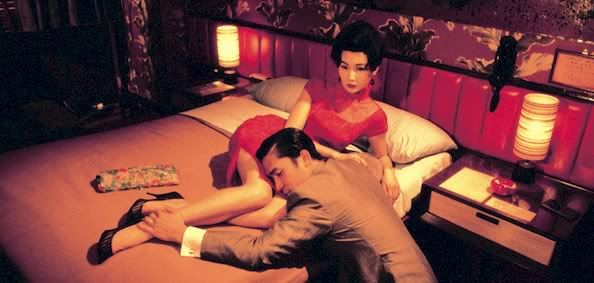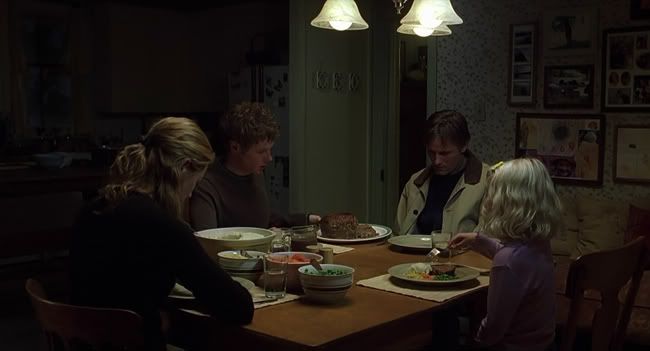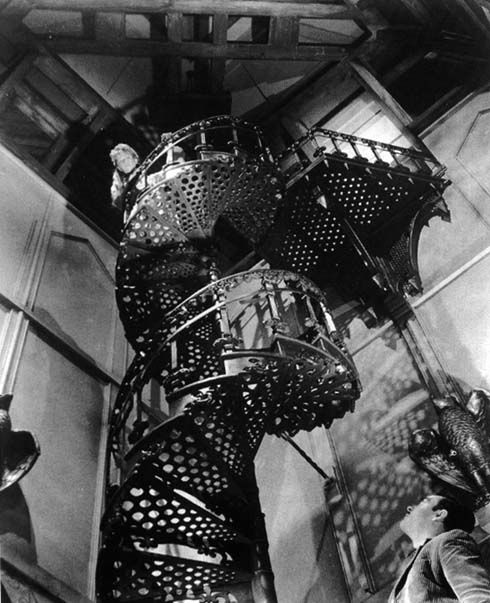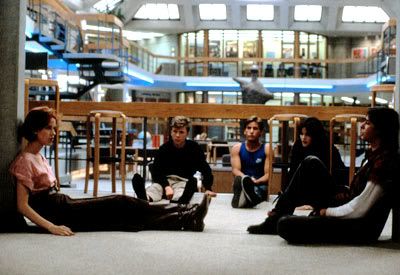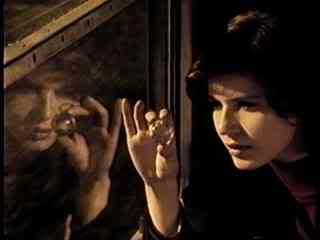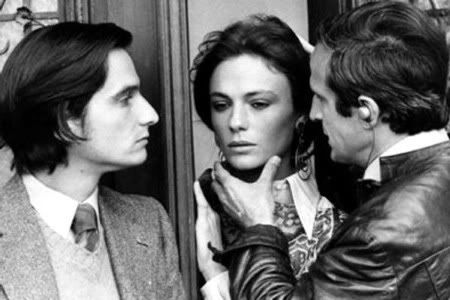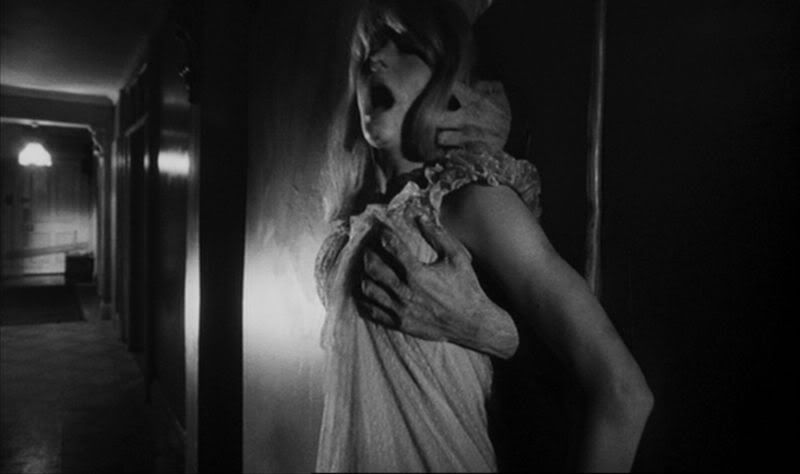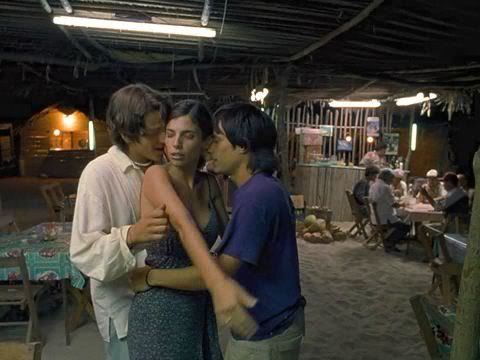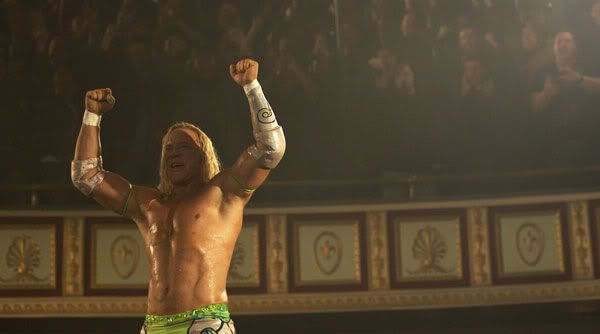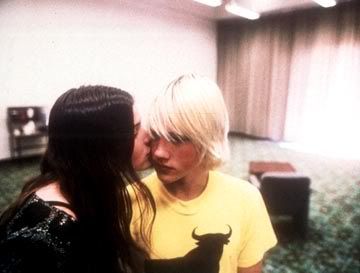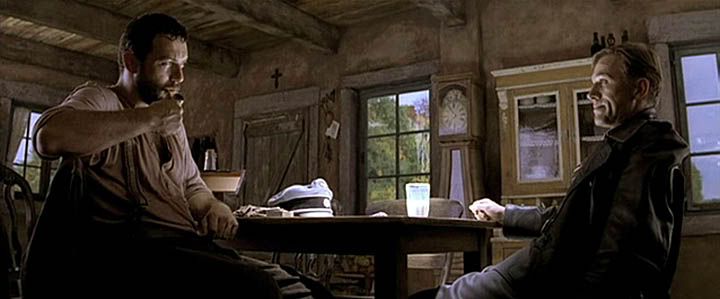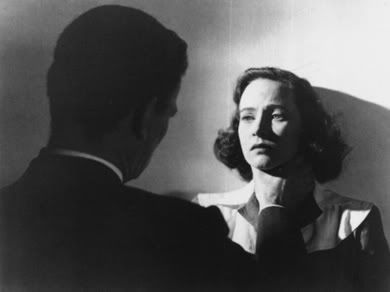Okay, I've been putting this off for a couple weeks now, but I'm going to try to do a Top 100 Favorite Movies List. I have a tentative list made up, I just need to work out the order and make sure I don't have any glaring omissions.
I'm not going to go by what I consider the 100 greatest movies, just my 100 favorite movies.
I'll try to do a few a day or so, starting soon.
I'm not going to go by what I consider the 100 greatest movies, just my 100 favorite movies.
I'll try to do a few a day or so, starting soon.
__________________
"I want a film I watch to express either the joy of making cinema or the anguish of making cinema" -Francois Truffaut
"I want a film I watch to express either the joy of making cinema or the anguish of making cinema" -Francois Truffaut

